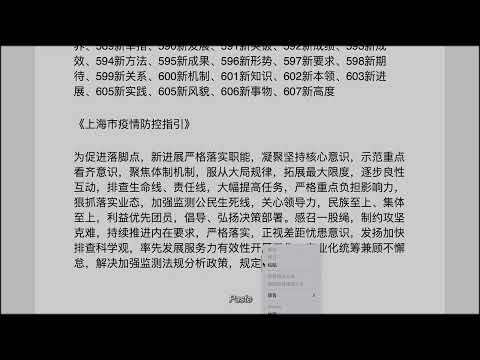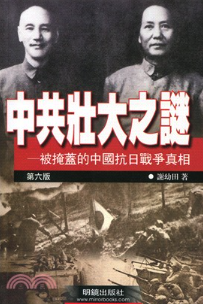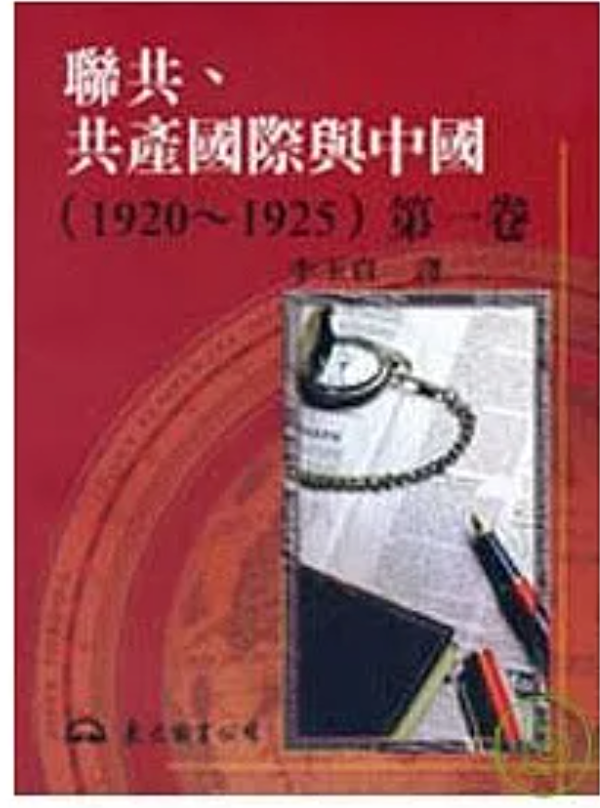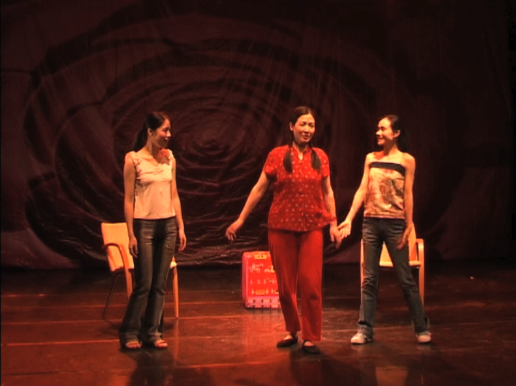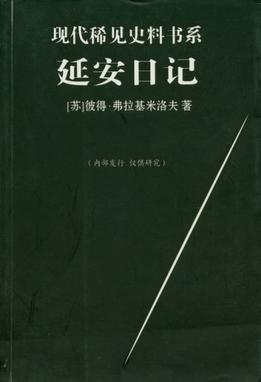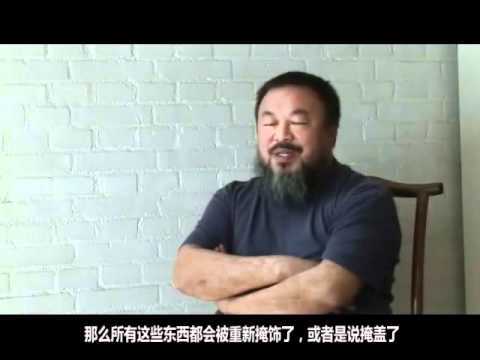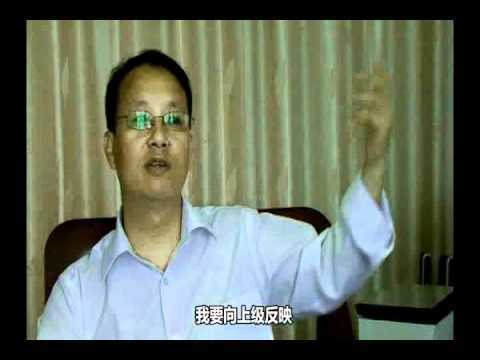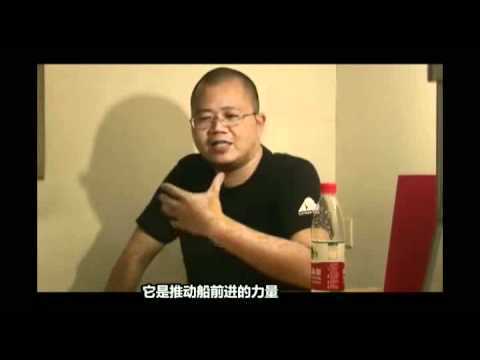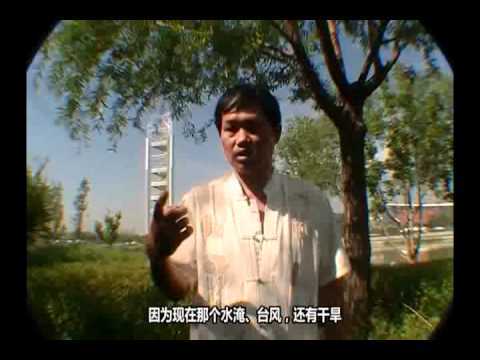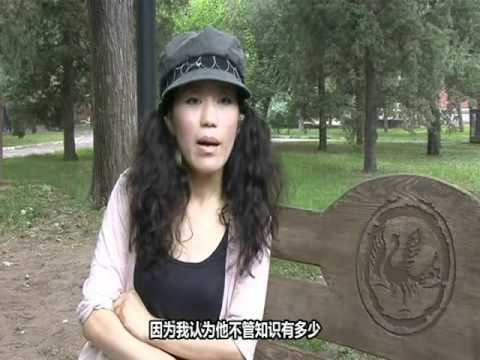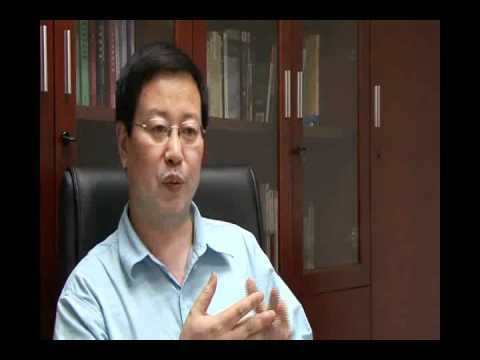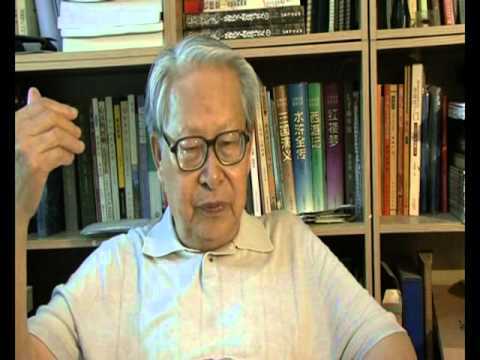Explore the collection
Showing 110 items in the collection
110 items
Book
The Collected Works of He Jiadong
He Jiadong is a Chinese publisher. He joined the Chinese Communist Party at an early age. After 1949, he founded the Workers' Publishing House, one of the propaganda mouthpieces of the CCP. In 1957, he was designated as a rightist and later labeled as an anti-Party element. In 1965, Kang Sheng criticized him. He was sent down to Chengwu County in Shandong Province, where he was put under local control for 14 years. During the Cultural Revolution, he was taken back to Beijing and criticized, which affected his family and led to the unnatural death of his mother and two sons. In 1979, after the rightist was corrected and completely rehabilitated, he became the executive vice-president and deputy editor-in-chief of the Workers' Publishing House; in 1983, he founded the monthly <i>Rensheng (Life)</i>. In 1984, he founded <i>Kaituo (Pioneering)</i> magazine. He was investigated for publishing Liu Binyan's <i>The Second Kind of Loyalty</i>, and resigned from his post in 1985. The above weekly newspapers, bimonthly magazines and websites were all suspended and closed by the authorities. He has written a large number of articles exploring China's development path from the end of authoritarianism to constitutional democracy. He himself had a 60-year career as a "red publisher" but never had the freedom to publish. Even his own collection of essays was never published. Until the end of his life, he never saw a printed volume of his essays—the printed books were seized and confiscated by the Chinese authorities.
The book can be purchased <a href="https://www.fellowspress.com/shop1/p/-4"> link</a>.
Book
The Herald of History: The Solemn Promise of Half a Century Ago
Compiled by the Sichuan writer Xiao Shu (b. 1962), this book offers a variety of pro-democracy statements released by the Chinese Communist Party media, including short commentaries, speeches, editorials, and documents from <i>Xinhua Daily, Jiefang Daily, Party History Bulletin</i>, and <i>People's Daily</i> from 1941 to 1946. The essays criticize the Kuomintang government for running a "one-party dictatorship" and promised freedom, democracy and human rights.
The book was published by Shantou University Press in 1999. <a href="https://archive.ph/20220329191611/https://www.rfi.fr/tw/%E4%B8%AD%E5%9C%8B/20130817-%E9%A6%99%E6%B8%AF%E5%A4%A7%E5%AD%B8%E5%86%8D%E7%89%88%E3%80%8A%E6%AD%B7%E5%8F%B2%E7%9A%84%E5%85%88%E8%81%B2%E3%80%8B">According to Xiao Shu</a>, the book was heavily criticized by the then-head of the Propaganda Department, Ding Guangen. The publishing house was temporarily suspended, and copies of the book were destroyed. It was republished in Hong Kong by the Bosi Publishing Group in 2002, and reprinted by the Journalism and Media Studies Center of the University of Hong Kong in 2013.
Film and Video
The Memo
In the spring of 2022, a wave of COVID-19 exploded in Shanghai. Under the policy of “Zero COVID,” 24 million residents were put under forced lockdown. Filmmakers and reporters used their phones, televisions, the internet, and other materials to capture scenes of lockdown and disputes between officials and civilians in Shanghai. Producers of this short film titled <i>The Memo</i> believe that it is necessary to record this historic episode in order to prevent our memories from fading away.
The production team, which was founded in 2020, strives to create works about the lower classes of Chinese society. <i>The Memo</i> was nominated for the Clermont-Féron Short Film Festival.
Book
The Mystery of the Growth of the CCP
The author of this book, Xie Youtian, a former researcher at the Sichuan Academy of Social Sciences, was invited to be a visiting scholar at Stanford University in the late 1980s and a guest researcher at the Hoover Institution. This book describes how the Chinese Communist Party took advantage of the Japanese invasion of China to build up its strength and eventually gained power. It was published by Mirror Books in Hong Kong in 2002.
Book
The Power of Tiananmen:State-Society Relations and the 1989 Beijing Student Movement
<i>The Power of Tiananmen: State-Society Relations and the 1989 Beijing Student Movement</i> is a sociological monograph. It explains the process of the 1989 school movement and interprets the political and economic situation from four perspectives: state legitimacy, ecological environment and mobilization structure, discourse and modes of action, and public opinion. Author Zhao Dingxin interviewed 70 participants in the movement at the time. He also examined many little-known domestic documents. Thus, theory and evidence are closely intertwined.
The book won the 2002 Distinguished Book Award (Collective Action/Social Movements) and the 2001 Distinguished Book Award (Asian and Asian American) from the American Sociological Association.
It is published by the Chinese University of Hong Kong Press.
Book
The Realm of Historiography
This book is a compilation of some of Gao Hua's speeches, book reviews, commentaries on current affairs, reviews of student papers, and lecture transcripts. It includes his studies and reflections on themes around revolution, civil war, and nationalism, his comments on the works of Long Yingtai, Wang Dingjun, and Mao Zedong, and his observations on Taiwan's social and political realities during his visits to Taiwan. In addition, the book contains a selection of Gao Hua's lecture notes on the theory and methodology of historiographical research, as well as on the production of official historical narratives and the development of folk history, enabling readers to gain further understanding of the philosophy and methodology behind Gao Hua’s research.
The book was published by Guangxi Normal University Press in November 2015 before the fourth anniversary of Gao Hua's death, for which the publisher was disciplined by the Central Propaganda Department and the State Administration of Press, Publication, Radio, Film and Television.
Book
The United Communist Party, The Communist International and China (1920-1925)
The author, Li Yuzhen, published this book in 1997. The contents are all taken from the declassified archives of the former Soviet Union. Almost all of the 205 documents in this book are published for the first time. The documents reveal the various dimensions of Moscow's relations with China from 1920 to 1925 as well as little-known inside stories. It shows that the Communist Party of the Soviet Union was the real decision-maker of the Comintern. This book shows the complex relationship between China and the Soviet Union, the Chinese Communist Party and the Comintern, the Chinese Communist Party and the Kuomintang, and Moscow and the various political forces in the Chinese court from different perspectives. It provides important clues for the study of history.
Film and Video
The Vagina Monologues -- Stories Behind the Scenes
<i>The Vagina Monologues</i> is a pioneering feminist drama created by the American playwright Eva Ensler. In 2003, teachers and students at the Gender Education Forum of Sun Yat-sen University in China adapted the play and added artistic interpretations of Chinese women's gender experience. The adapted play had its first performance at the Guangdong Provincial Art Museum. This documentary records the attitudes of governments across China towards the play as well as women's perceptions of the play and its connection with their personal experiences. It also highlights the current political and cultural ecology of China.
Book
The Vladimirov Diaries: Yenan, China 1942~1945
The author of The Vladimirov Diaries: Yenan, China, 1942~1945, Peter Vladimirov (Sun Ping in Chinese) was a Soviet citizen. The book was first published in the 1980s by Oriental Publishing House and reprinted in March 2004. Peter traveled to Yan'an from 1942 to 1945 as a liaison officer of the Comintern and a correspondent for the TASS news agency. He kept a diary of the political, economic and cultural aspects of Yan'an, including its opium economy. Against the background of the relationship between the CCP and the Soviet Union during the War of Resistance against Japanese Aggression, the book describes the CCP's Rectification Movement and the Seventh National Congress. It also comments on the CCP's contact with the U.S. Military Observer Group stationed in Yan'an at the time and on the relationship between the CCP and the Kuomintang.
Film and Video
Three Days in Wukan
Wukan is a village in Luwei City, under the jurisdiction of Shanwei City, Guangdong Province. From 2011 to 2016, Wukan villagers have continued to fight to protect their land and fight for villagers' rights. Facing strong pressure from the government, some even paid with their lives. In the process, the villagers had elected their own villagers' committee by one person, one vote to practice their democratic rights. Although the protests were eventually suppressed, the impact was far-reaching. Ai Xiaoming rushed to the scene at the beginning of the Wukan incident and left this precious record.
Book
Who is the New China
Author Xin Hao Nian tries to analyze the modern history of China since the Xinhai Revolution. He pointsout that the People's Republic of China (PRC) is a restoration of the authoritarian system, and the Republic of China (ROC) represents China's road to a republic. The first volume of the book defends and clarifies the history of the Kuomintang (KMT), arguing that the KMT is not a "reactionary faction" as claimed by the CCP. The second volume criticizes the revolution and history of the CCP. The book was first printed in 1999 by Blue Sky Publishing House (USA) and reprinted in June 2012 by Hong Kong's Schaefer International Publishing. It is banned on the mainland.
Film and Video
Why Are Flowers So Red
This film follows the stories of environmental activist Tan Zuoren and artist Ai Weiwei. In July 2009, Tan Zuoren was charged with the crime of “Inciting subversion of state power,” and his trial was held in Chengdu, Sichuan Province. Ai Weiwei was invited by Tan’s lawyer to testify in court, but the night before the trial, he was assaulted by the police and detained in a hotel. To everyone’s surprise, Ai turned on the tape recorder before the police entered his residence and managed to record the incident. Later, Ai and his colleagues released a documentary about this incident, titled “Disturbing the Peace” (or “Laoma Tihua”).
This film interviews the people behind the scenes of “Disturbing the Peace,” including the director, photographers, editors, and audiences of the film, who discuss the relationship between citizens and government authority.
This series of films are in Chinese with Chinese subtitles.
Film and Video
Working toward a Civil Society (Episode 1): Zhang Hui
How can China build a real civil society? Since 2010, independent director Tiger Temple sat for a series of interviews with scholars and civil society actors.
Film and Video
Working toward a Civil Society (Episode 10): Ai Weiwei
How can China build a true civil society? Since 2010, independent director Tiger Temple has conducted a series of interviews with scholars and civil society participants.
Film and Video
Working toward a Civil Society (Episode 11): Liu Xiaoyuan
How can China build a true civil society? Since 2010, independent director Tiger Temple has conducted a series of interviews with scholars and civil society participants.
Film and Video
Working toward a Civil Society (Episode 12): Zhai Minglei
How can China build a true civil society? Since 2010, independent director Tiger Temple has conducted a series of interviews with scholars and civil society participants.
Film and Video
Working toward a Civil Society (Episode 13): Li Jiafu
How can China build a true civil society? Since 2010, independent director Tiger Temple has conducted a series of interviews with scholars and civil society participants.
Film and Video
Working toward a Civil Society (Episode 14): Su Yutong
How can China build a true civil society? Since 2010, independent director Tiger Temple has conducted a series of interviews with scholars and civil society participants.
Film and Video
Working toward a Civil Society (Episode 15 and 16): Xia Yeliang
How can China build a true civil society? Since 2010, independent director Tiger Temple has conducted a series of interviews with scholars and civil society participants.
Film and Video
Working Toward a Civil Society (Episode 17): Du Guang
How can China build a true civil society? Independent director Tiger Temple has conducted a series of interviews with scholars and civil society participants since 2010.


